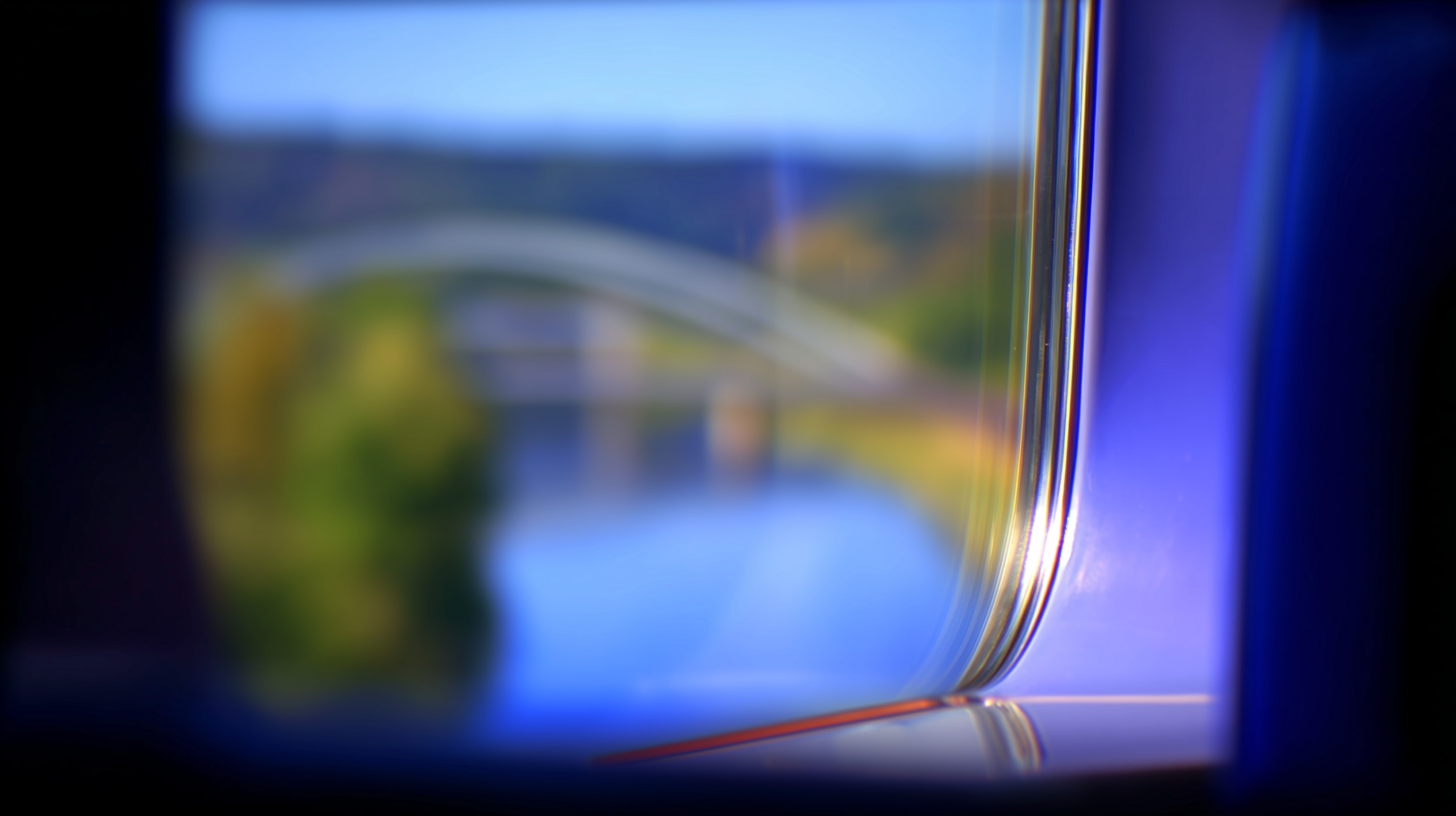
I remember you – when was it, 2025? – telling me that Europe’s future could be open. And I remember me, laughing in your face.
I called you a utopian, and I didn’t mean it in a good way. But you just smiled, and said “guilty as charged”.
“In just two decades, we could change everything,” you told me.
“Not a chance,” I said.
Well, old friend. I’m writing to tell you that you were right.
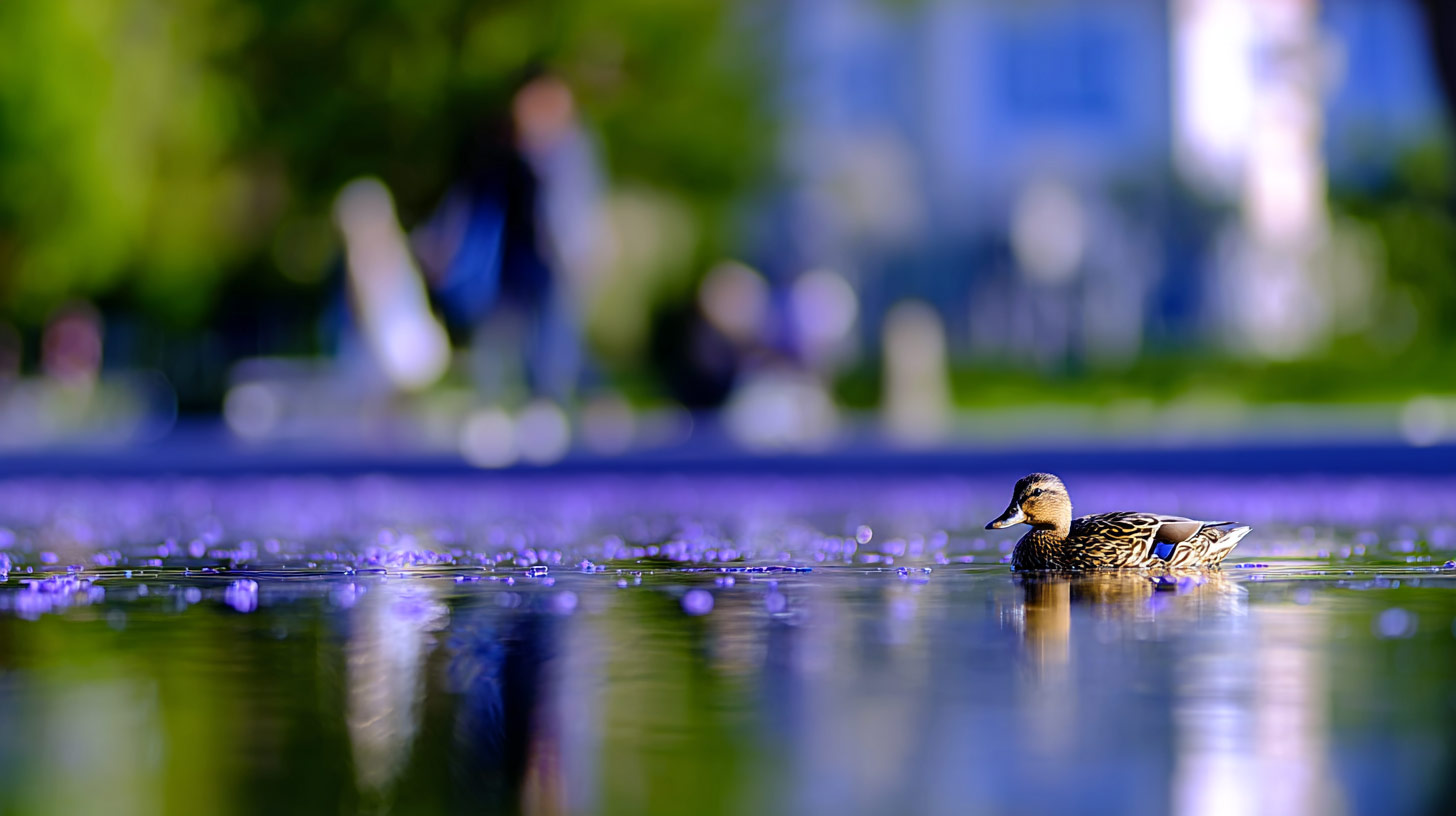
I still don’t know what made me follow you, back when it was just us and a few friends against the world. The long slump of the 2010s, the first pandemic, the war in Ukraine … I had lost hope somehow, in the long dark nights of the doomscroll.
You hadn’t. Hope poured out of you, like light, like music – and you were already finding the others, making connections, making the case.
“It starts with bringing people together,”
you’d say, and you made it look easy.
That first volunteering project, a soup kitchen using food that the supermarkets were going to throw out … I worried we’d look like idiots, three of us stood there with a big cauldron.
By the end of the month we were seven idiots; the month after that, someone else started another one in another neighbourhood. People were desperate for things to do that meant more than money as we knew it, desperate to make a difference – just waiting to be shown the way.
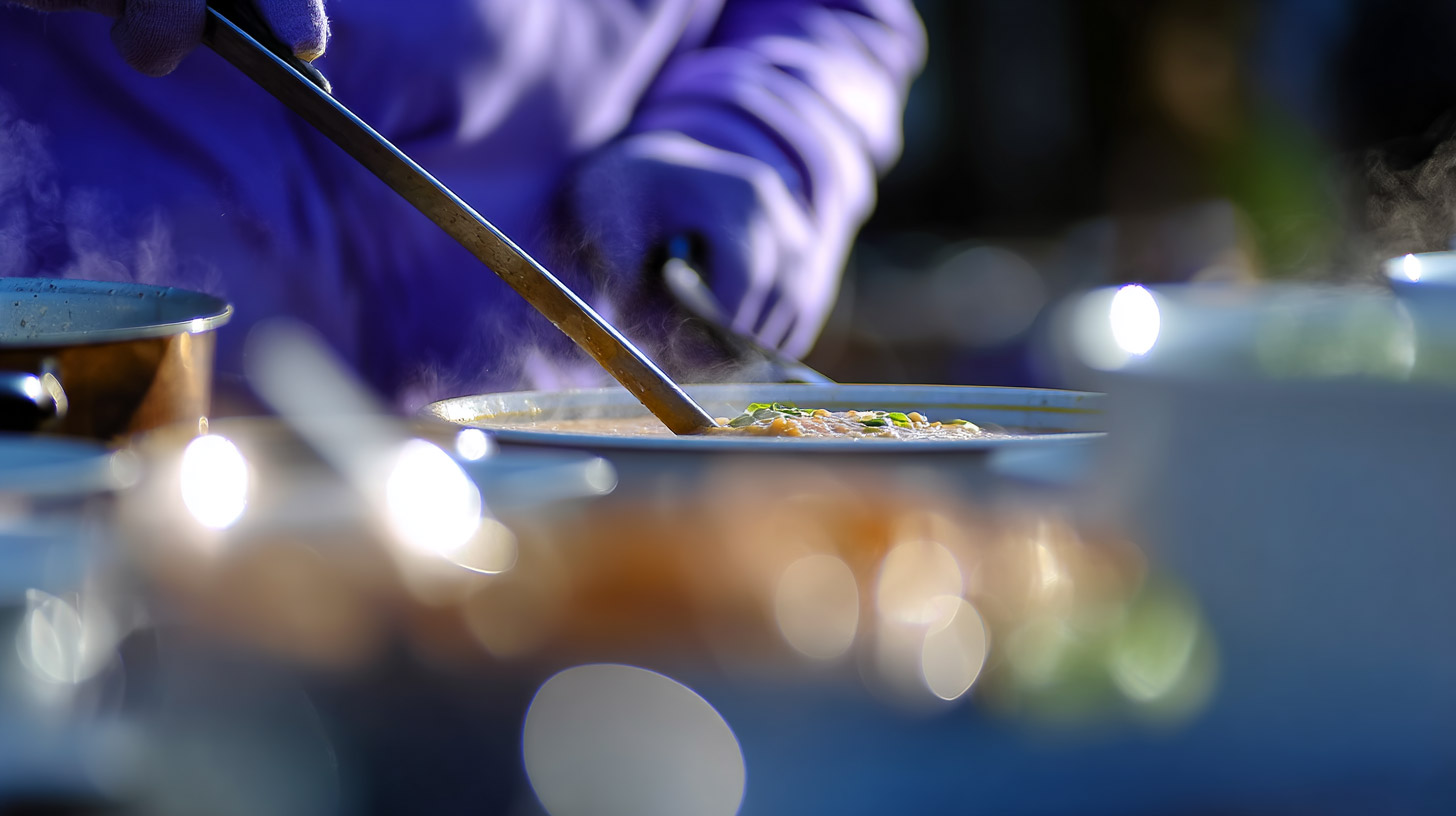
We soon learned of other groups in other cities, doing all sorts of stuff: neighbourhood regeneration, supporting older people, helping out new arrivals from all over Europe, all over the world. Not everyone approved – and that’s still true today, though less than it was.
But it was hard to argue with actions, hard to argue with results. Sometimes people would come to argue or obstruct us, but it was as if they didn’t find what they thought they wanted to be angry about.
“This is my protest,” you told me once,
and I didn’t understand – but now I think I do.
You decided to be the change. In doing so, you made others see that change was possible. There was an energy out there, waiting to be tapped.
When you put that energy into networks – when you connect people in the places they know, through activities they care about – things start to happen.
Our volunteer group hadn’t even been running for a year before Ola registered her company and hired a few people from the group; it seemed almost unbelievable back then, that you could make a living doing something you actually believed in. But she did it, and so did many others.
I’ve not seen Ola in years, at least not in person. These days she’s travelling all over the continent, advocating for the representation of future generations! It suits her, though – you’d be proud.
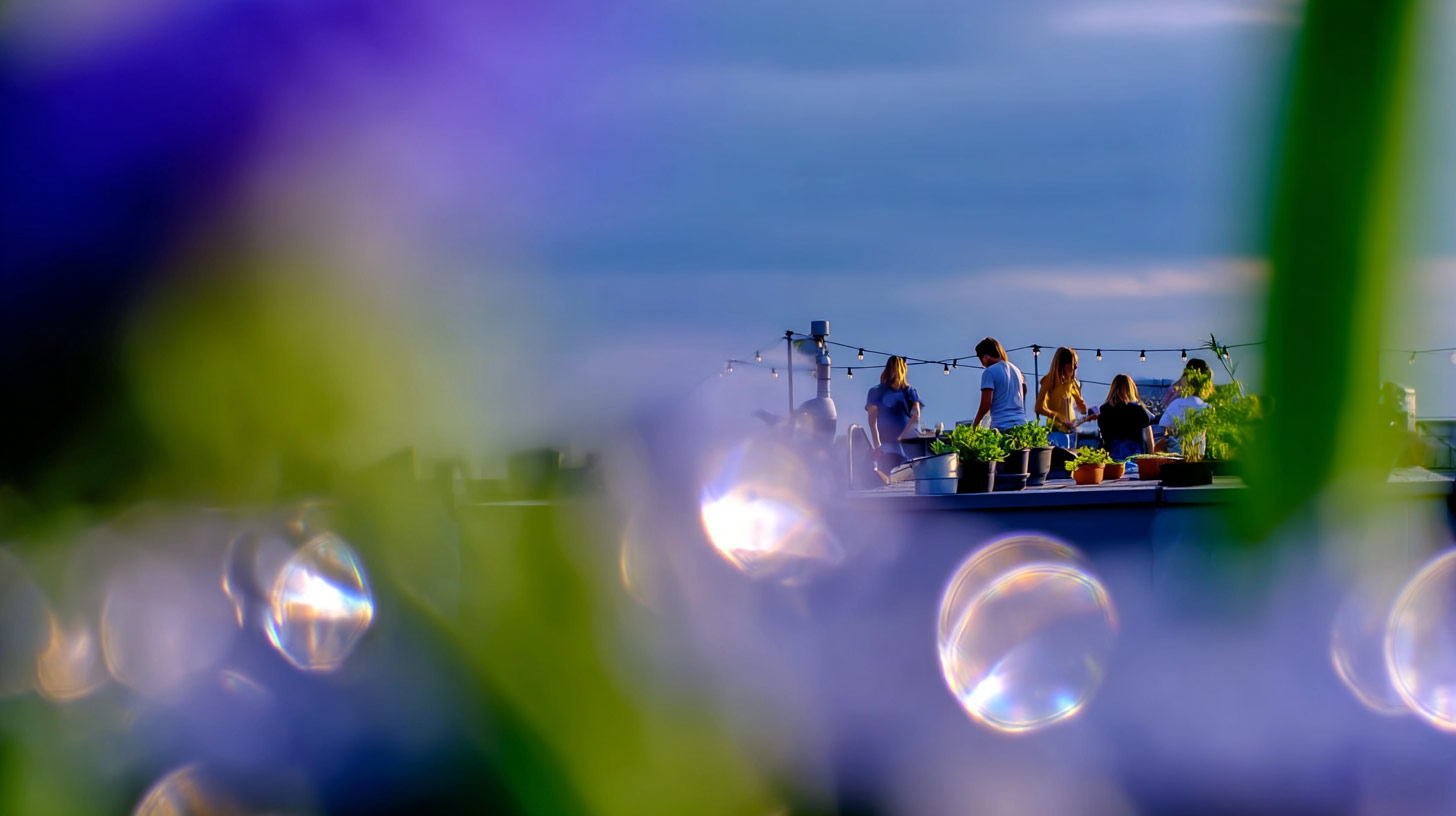
While we were changing things on the ground, things were changing higher up. I remember hearing stories about people winning fundamental rights cases, demanding and getting the right to a safe place to live – those dusty old EU laws finally finding their teeth.
Experiments with universal basic income and the four-day week stopped being experiments and started being policy; talk of green new deals turned into funding streams and investment banks; new colleges opened to teach vocational and practical skills, as the old ones opened up to life-long learning.
There were new jobs to be had, doing work that mattered for a decent day’s pay … and as people left their old nine-to-fives, those old-fashioned firms crumbled away like vampires in the sunlight.
For the first time in over a generation, you could take a chance on something new,
and not have to fear failure.
You could start again, whatever age you were … or keep going, if that’s what you wanted. Everything was up for grabs, it seemed.
I found the courage to leave my old office job and retrain as a retrofitter, fixing up old housing stock for the new era … just as you’d spent years telling me I should.
These days, I work half as many hours as I used to, but I’m twice as happy.
I used to feel guilty, because you always seemed to be doing something – but that was just how you were. “This is how I relax,” you said, laughing.
“What matters is having the choice. When I see you not working, I feel like we’re winning.”
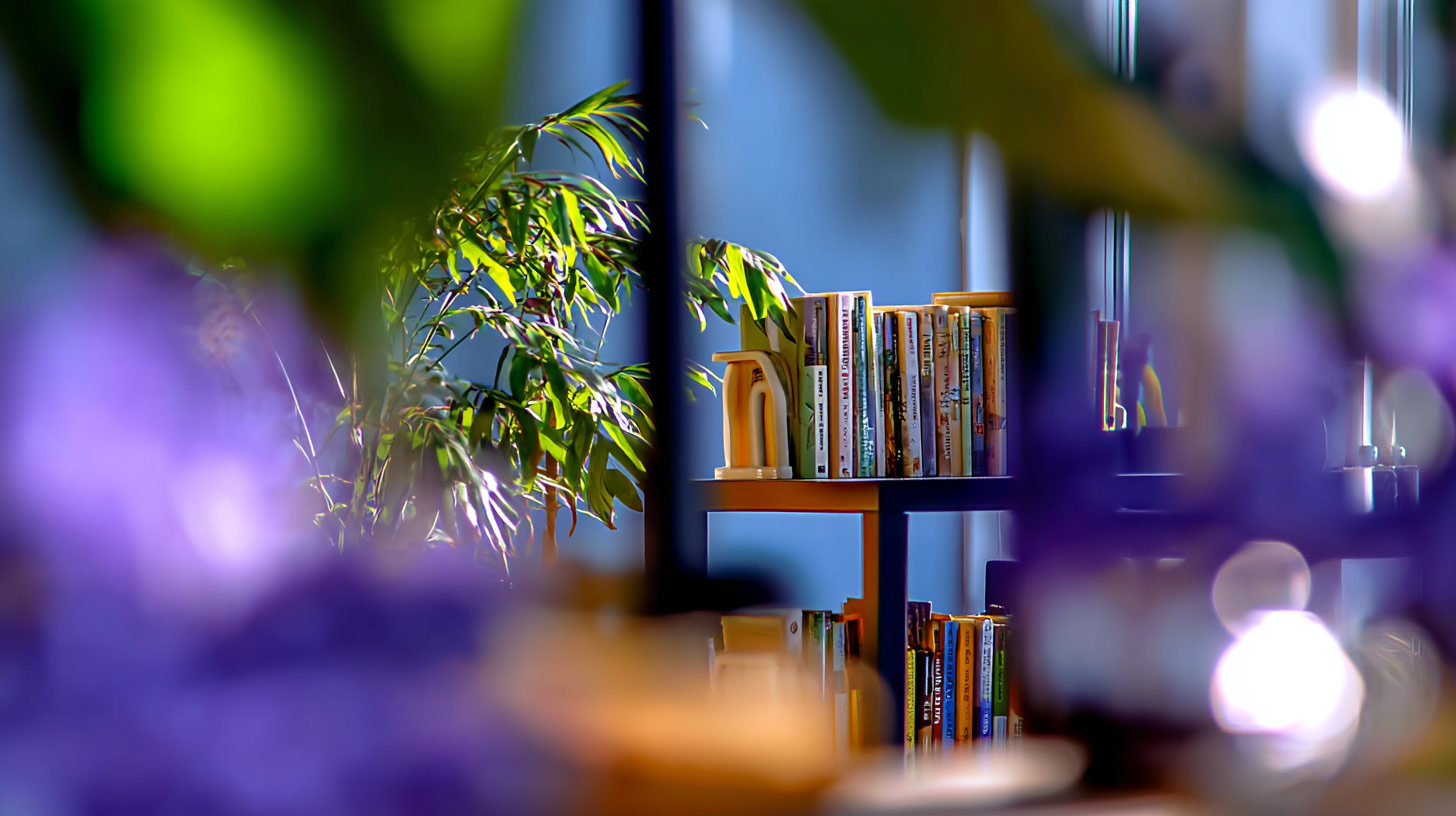
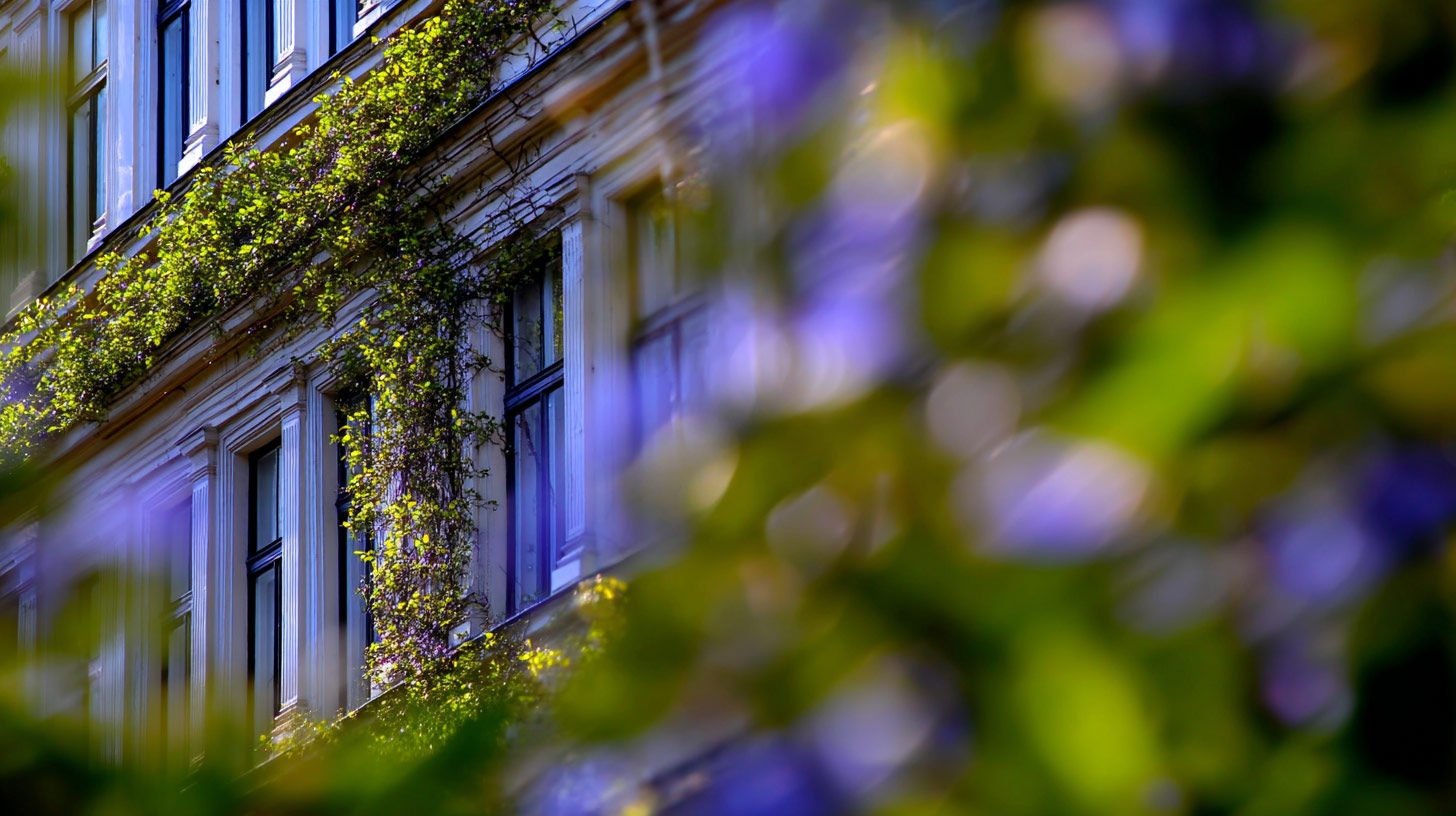
Somewhere in the middle of all that stuff, money was changing, too. You might not have noticed, unless you chose to look; I know my mother hasn’t! I’ve tried to tell her about nature-indexed saving schemes, local currencies, the various coins and credits attached to different materials, different ideals … even different worlds, or so my gamer friends tell me.
Honestly, I don’t understand it all myself – so I helped her choose an account that folds it all away behind a nice simple interface.
Now I use the same one myself! I talk with my credit union every six months or so, review all the options, but I rarely change anything.
Some people really like to get under the hood in their wallet apps, re-routing their various currencies and coins to all sorts of different funds; personally, I like having the option not to worry about it. The union has a set of default plans, simple and transparent, and I always go with one of those.
As the years passed, we actually found we didn’t need money for so many things.
The volunteer networks that we and others had built were mutating into local timebanks, car-shares, tool libraries – ways of sharing that came up before, but got captured by the tech giants and turned to profit.
We realised we didn’t need apps for this sort of stuff, we just needed to talk to our neighbours. And as “the socials” withered away and our dopamine cycles recovered, we found we all had phones and computers with processing power to spare … power to do things that would have seemed impossible before.
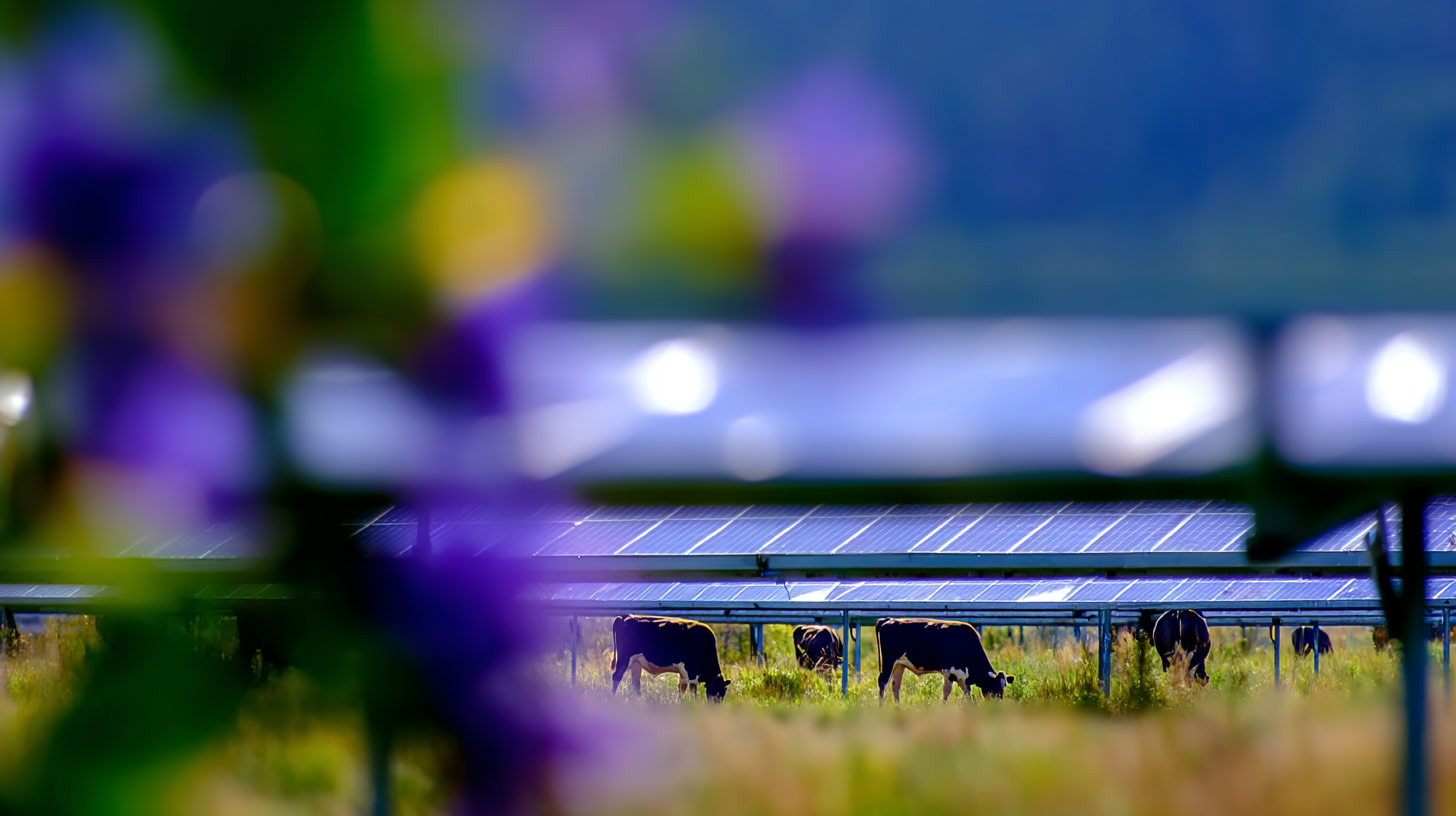
You were always full of ideas. “Some day soon you’ll be able to talk to the dairy herd that made the milk for your coffee,” you told me, one night over beers in the summer, and I laughed again, because what sort of sci-fi cartoon craziness were you talking? But now there’s a QR code on the carton in my fridge that will let me do just that – though, truth be told, I prefer a more lively conversation than the cows have to offer!
I prefer to let the river tell me stories
through my earbuds while I’m cycling through the city beside it,
to listen to the Alpine glaciers sing as the sunlight hits them in the morning, or to follow the swallows on their long flight from Africa while I wait for them to return.
Sometimes, though, you want to get your nature fix directly – and while the parks are great places to just sit and listen, it’s still good to get out of the city.
I spend a few days every month out in the countryside, helping out with various regeneration projects, getting my hands in the soil … that’s how I met my partner, in fact! But it no longer feels like an “outside” – the more we listen to and translate the many voices in which the world was always speaking to us, the more we feel like part of it.
It’s not that we brought nature back into the city; it’s more that we allowed ourselves to admit it was there all along, and to take better care of it.
Back in the 2020s, it felt like everyone was trying to sell us “connection”, but it never felt like this. We can see the various values of things, now – where our money comes from, where it goes, and what it does along the way.
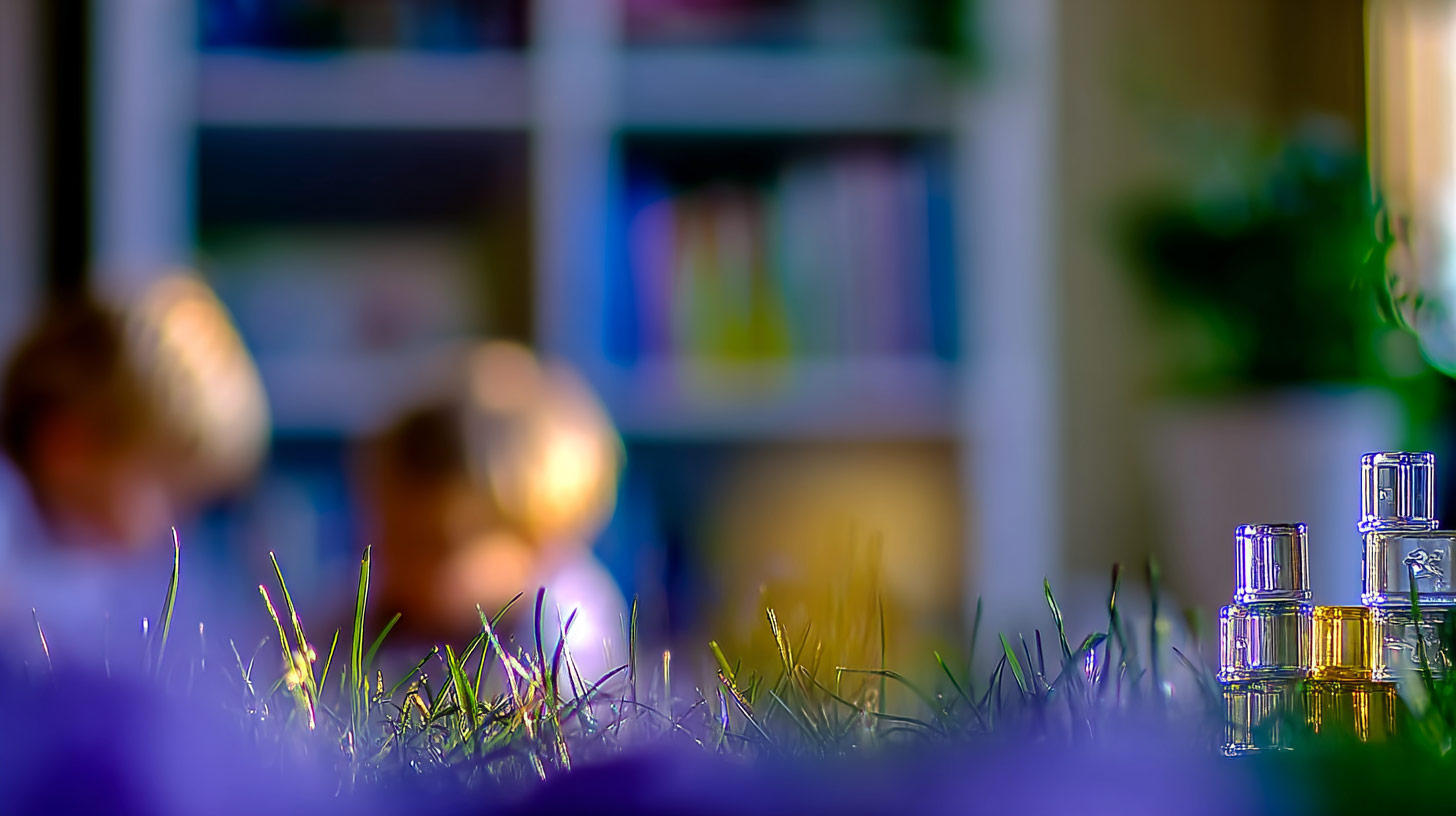
That’s funny, in a way – because we used to talk about “technology” all the time, worrying about its intrusion into our lives, its influence over our kids.
Nowadays we hardly mention it, even though it does more for us now than ever before.
It doesn’t get in the way like it used to, doesn’t clamour for our attention with alerts and updates.
We can trust it, too: it extends us, but it doesn’t replace us.
We’re not just blobs in the matrix any more. Knowledge, connection … it’s all there if we need it, if we ask for it.
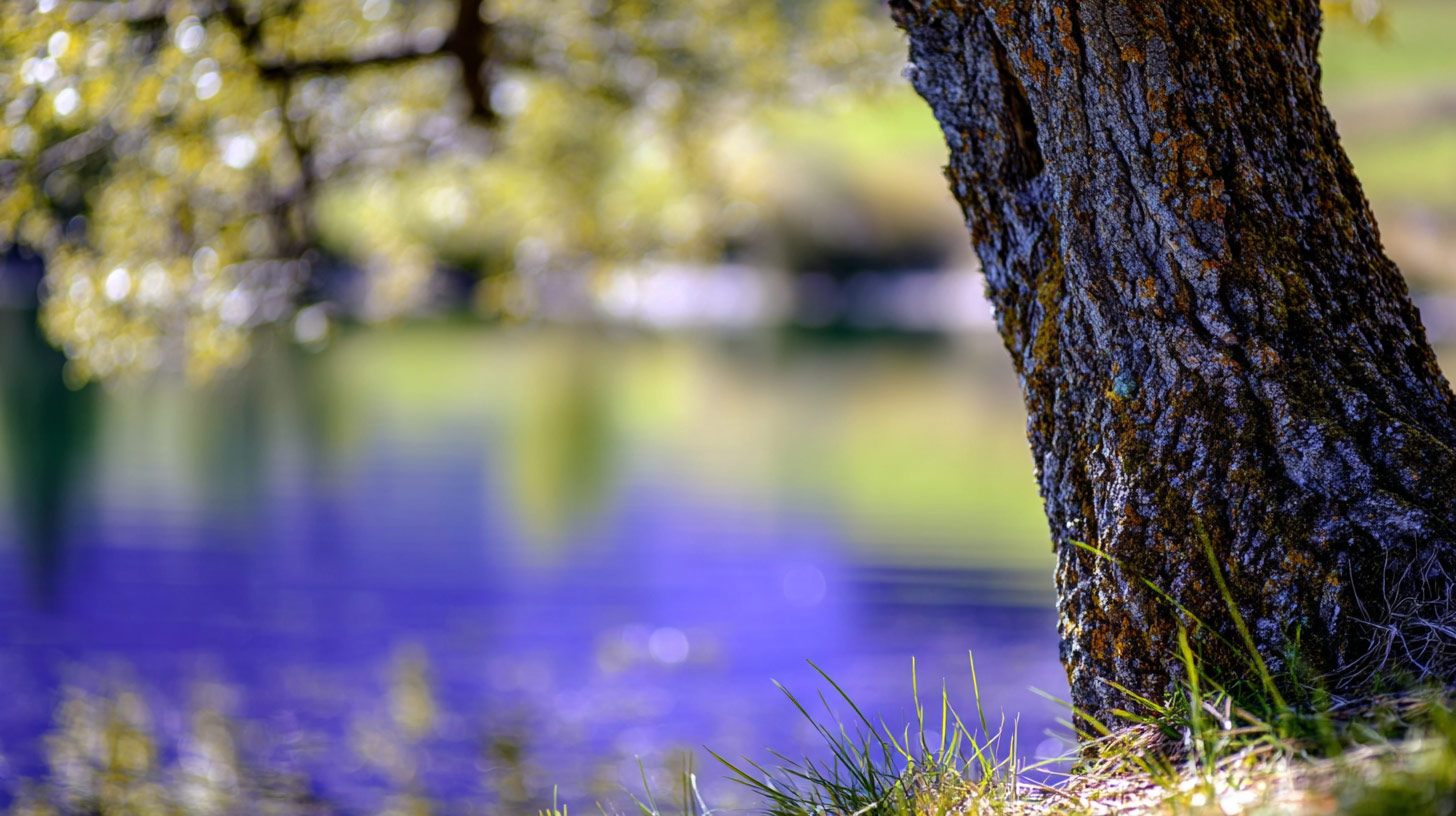
I wish you were here to see it all – your dreams, our dreams, realised. We’ve fixed so much in the last twenty years. That we couldn’t fix the illness that took you still breaks my heart.
“They’ll get it one day,” you told me,
smiling even at the very end.
“The doctors do what they can with what they have. That’s all anyone can do.”
So I’ve tried to do what I can with what I have, every day since you went – we all have. It turns out we can do a lot when we work together, and decide what we really care about.
I learned that from you. It was a gift that money could never have bought – and I try to pass it on every day.
